On October 2, information from the Central Hospital for Tropical Diseases said that recently, this unit received many patients with leptospirosis after floods.
Notably, there are 5 patients in Thai Nguyen who are members of the same family (2 spouses, children and 2 grandchildren). Of which, the wife, children and 2 grandchildren are treated at the General Infection Department, while Mr. NVC (48 years old) had to be admitted to the Emergency Department due to severe progression: elevated liver enzymes, acute kidney failure and thrombocytopenia.
Mrs. H, Mr. C's wife, said that her family lives in a level 4 house in a heavily flooded area of Thai Nguyen after the historic flood caused by Typhoon Yagi. The flood caused water to be up to 1.8 meters deep, forcing the family to live in polluted floodwater. All household items were submerged in water, and the family's livestock barns were also severely affected.
About 4 days after the flood, Mr. C. began to experience symptoms of high fever of unknown origin, accompanied by fatigue, difficulty breathing, abdominal distension and pain in the right flank.
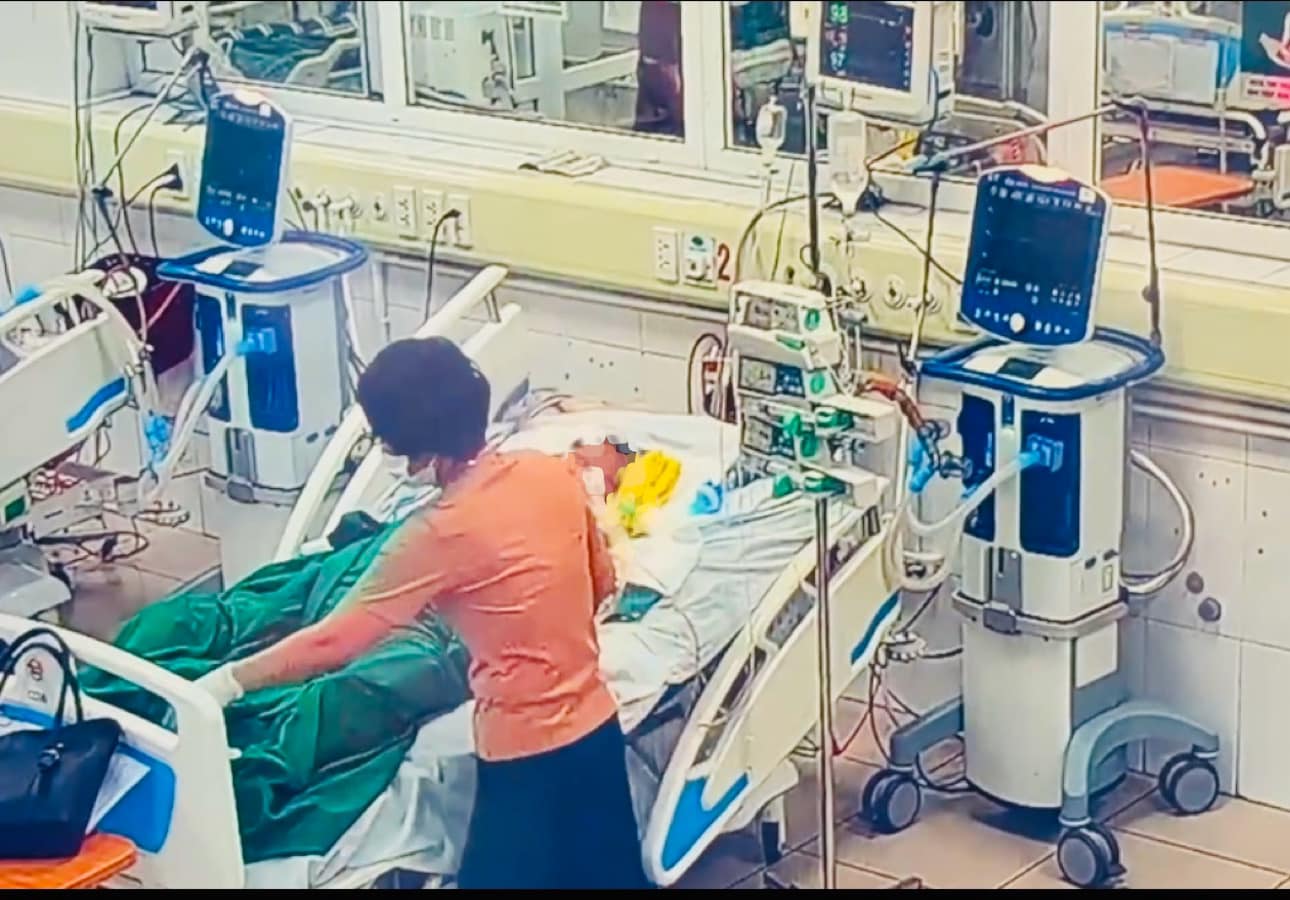
A patient with leptospirosis is being treated intensively at the hospital. Photo: BVCC
In addition, the patient had little urine and his health condition was getting worse. Although he bought fever-reducing medicine himself, his symptoms did not improve so he had to go to a local medical facility for examination.
Here, he was diagnosed with an infection and prescribed antibiotics for 2 days. However, after the fever subsided, symptoms such as difficulty breathing, abdominal distension and little urination remained. In addition, he also experienced bouts of agitation and uncontrolled writhing. At the end of the 4th day and the beginning of the 5th day, he was transferred to the Emergency Department - Central Hospital for Tropical Diseases.
Currently, Mr. C. is being closely monitored in the Emergency Department in a state of acute renal failure, with kidney enzymes 6 times higher than normal and no urine for 12 hours.
Other members of Mr. C's family also had fever and fatigue, so they were taken to the hospital for treatment. Based on epidemiological factors, especially the fact that Mr. C's family lived in a flooded environment for a long time and had direct contact with floodwater, doctors suspected that he and four family members had leptospirosis.
In addition to the patients in the above family, the Central Hospital for Tropical Diseases is also treating a patient (born in 1971, in Yen Bai) with unspecified sepsis, severe liver and kidney failure, sedated, on a ventilator, and maintaining vasopressors.
The patient has a history of chronic gout discovered 2 years ago. Recently, the patient's family lived in a flood area and the patient's entire house was flooded. After that, the patient participated in flood prevention cleaning, and had a lot of contact with water and mud. A week before being admitted to the hospital, the patient had muscle pain and fatigue in his body.
On September 20, the patient developed chills with unknown temperature, increased leg muscle pain, loose stools many times a day, and pain in the calves on both sides. Three days later, the patient went to the doctor and had kidney failure. He was admitted to Yen Bai General Hospital in a more serious condition, with fever, loose stools, low blood pressure, respiratory failure, and decreased consciousness. The patient was intubated and transferred to the Central Hospital for Tropical Diseases for emergency treatment.
Here, the patient was diagnosed with: Sepsis with shock, monitored due to Leptospira - Pneumonia - Acute pancreatitis - Acute renal failure/Gout - Cirrhosis.
After 4 days of hospitalization, the patient was screened, tested for urine, blood, and blood culture, and the patient tested positive for Leptospira.
After more than 1 week of treatment, the patient is awake, does not need to maintain vasopressors, does not need oxygen, liver and kidney function has improved. The patient is currently being treated at the hospital.
What is leptospirosis?
MSc. Dr. Pham Thanh Bang, Department of Emergency Medicine - Central Hospital for Tropical Diseases said that leptospirosis is an acute infectious disease caused by spirochetes of the Leptospiraceae family.
Leptospira enters the human body through scratches on the skin and mucous membranes when in contact with contaminated water (fields, ponds, lakes, puddles). Even if exposed to a contaminated environment for a long time, bacteria can directly penetrate through healthy skin and mucous membranes.
" The disease often occurs during the rainy season due to the bacteria spreading through water. The recent floods caused by Typhoon Yagi created favorable conditions for the spread of Leptospira bacteria, especially in pig farming areas where the sanitation system is not guaranteed," said Dr. Bang.
According to Dr. Bang, in Vietnam, Leptospira disease still appears sporadically, especially in flooded areas. Although it has decreased significantly compared to previous decades, the disease is still a health threat to people in direct contact with floodwaters, especially in livestock farming areas.
Leptospira can be treated with antibiotics if detected early, but with Mr. C's condition, monitoring the progression of the disease is extremely important to prevent dangerous complications.
To prevent Leptospira, experts recommend that livestock barns, slaughterhouses, etc. must be high, well-drained, regularly cleaned and disinfected. At livestock facilities, slaughterhouses, and swimming pools, waste must be regularly or periodically checked for timely treatment to prevent rats and maintain environmental sanitation.
In addition, people working in floodwater or barn environments need to be fully equipped with protective clothing, boots, and gloves to minimize the risk of infection and health effects.
Source: https://giadinh.suckhoedoisong.vn/5-nguoi-trong-mot-gia-dinh-phai-nhap-vien-do-nhiem-loai-khuon-co-trong-nuoc-lu-172241002160615578.htm





![[Photo] Prime Minister Pham Minh Chinh chairs the Government's special meeting on law-making in April](https://vstatic.vietnam.vn/vietnam/resource/IMAGE/2025/4/13/8b2071d47adc4c22ac3a9534d12ddc17)






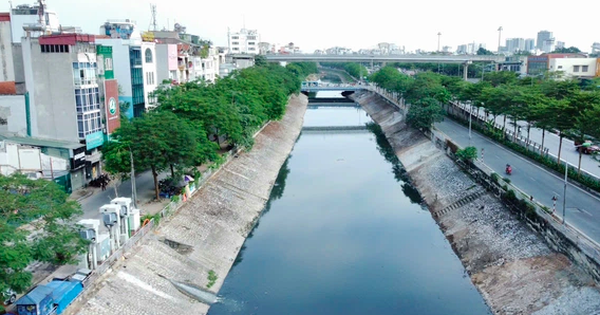

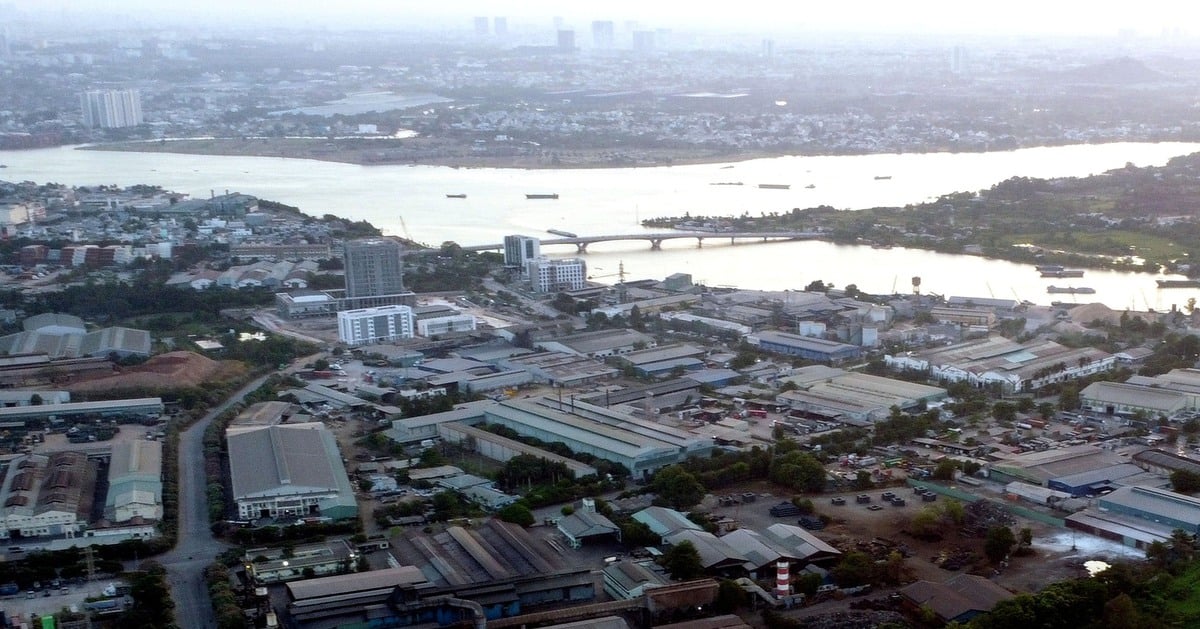




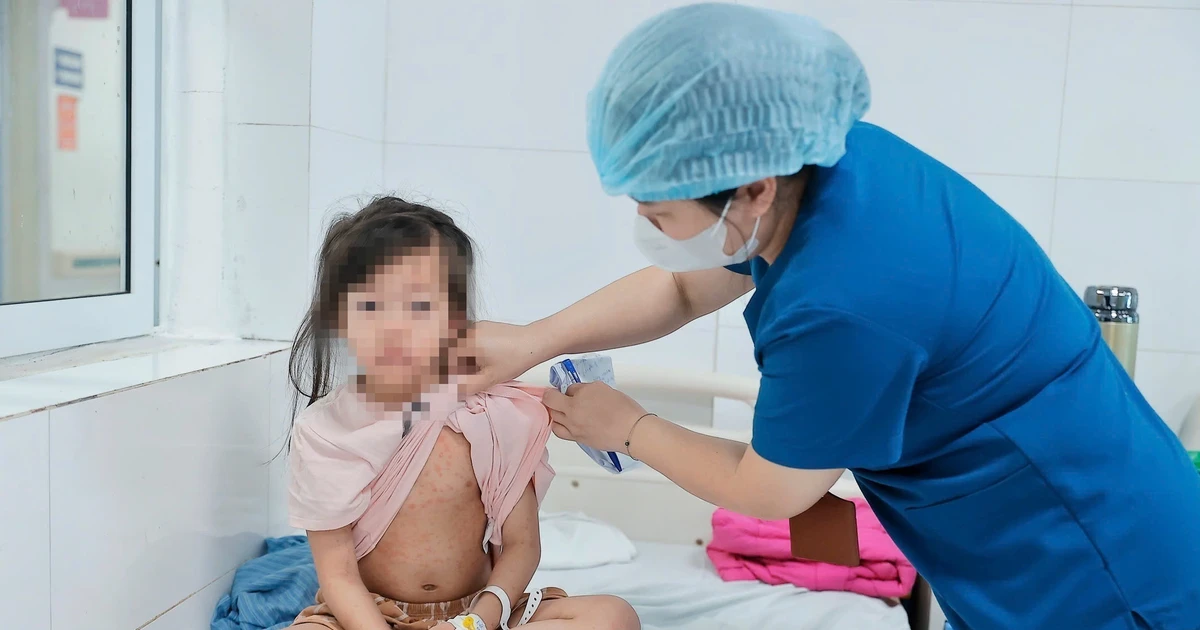


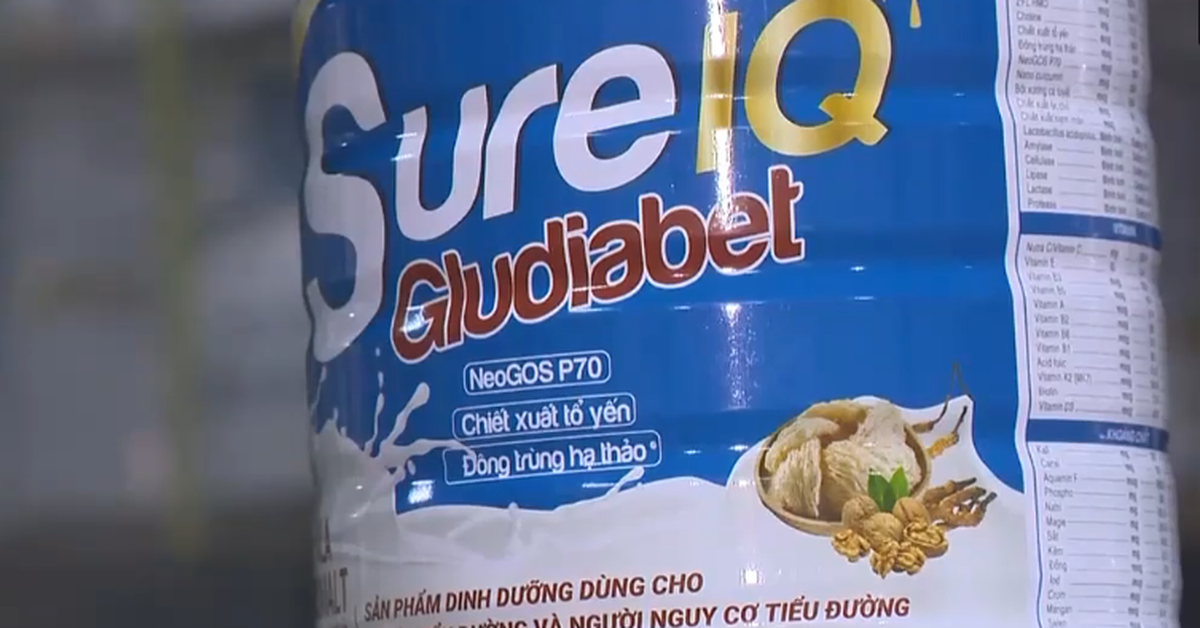












![[Photo] Closing of the 11th Conference of the 13th Central Committee of the Communist Party of Vietnam](https://vstatic.vietnam.vn/vietnam/resource/IMAGE/2025/4/12/114b57fe6e9b4814a5ddfacf6dfe5b7f)













































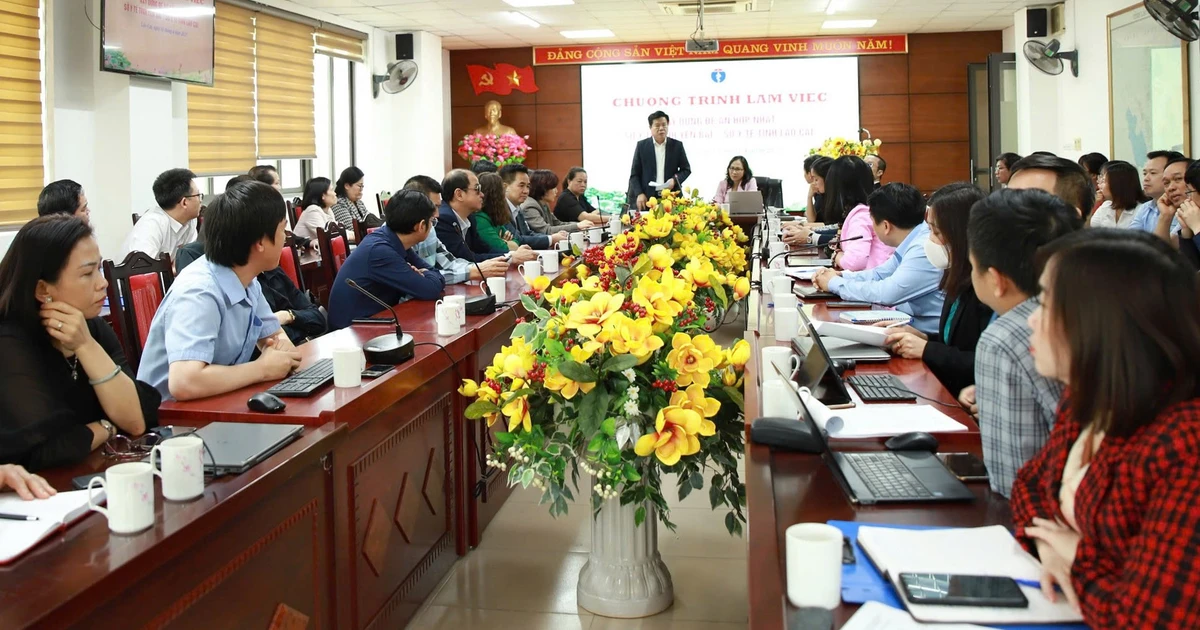



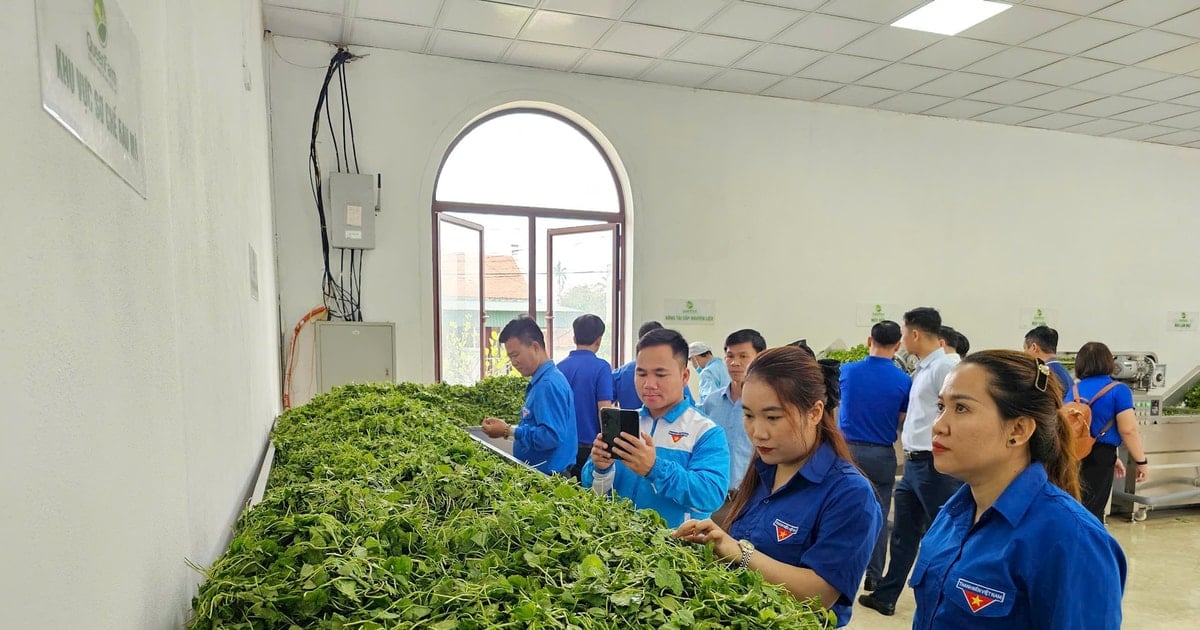

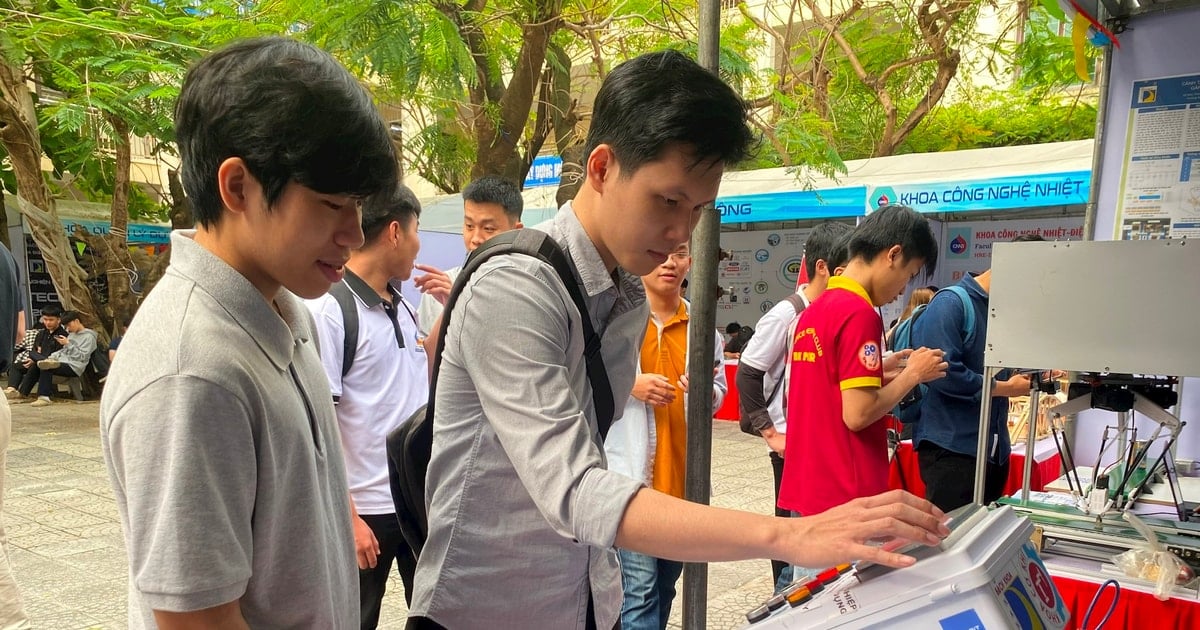












Comment (0)